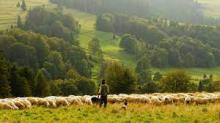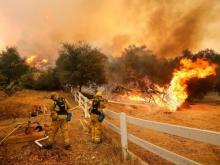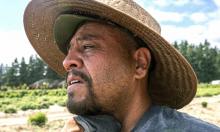- Agriculture and food account for one-third of global greenhouse gas emissions, making these sectors critical in efforts to address our current overshoot of the climate planetary boundary. They are also having profound impacts on freshwater, biodiversity and biogeochemical cycles.








